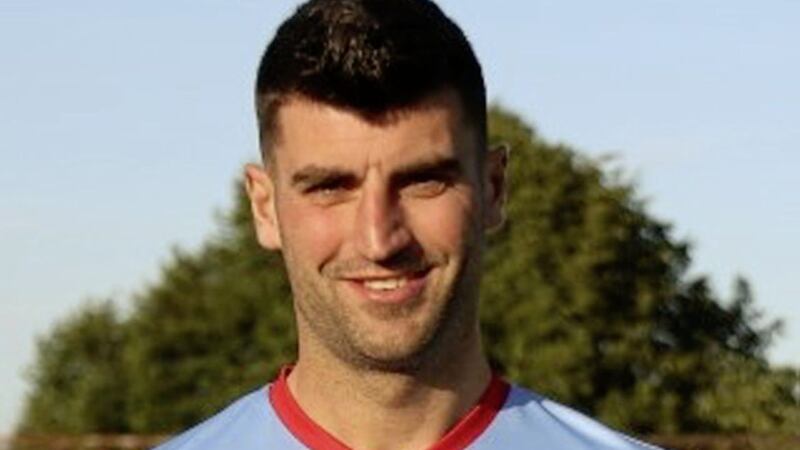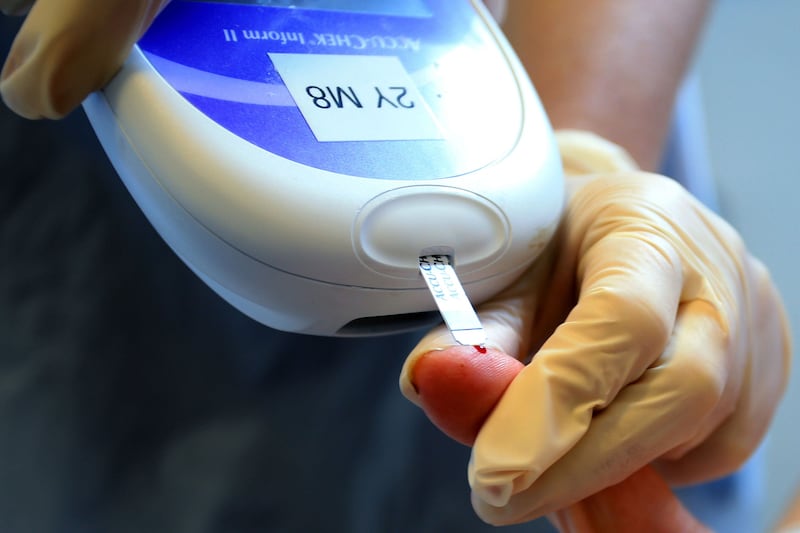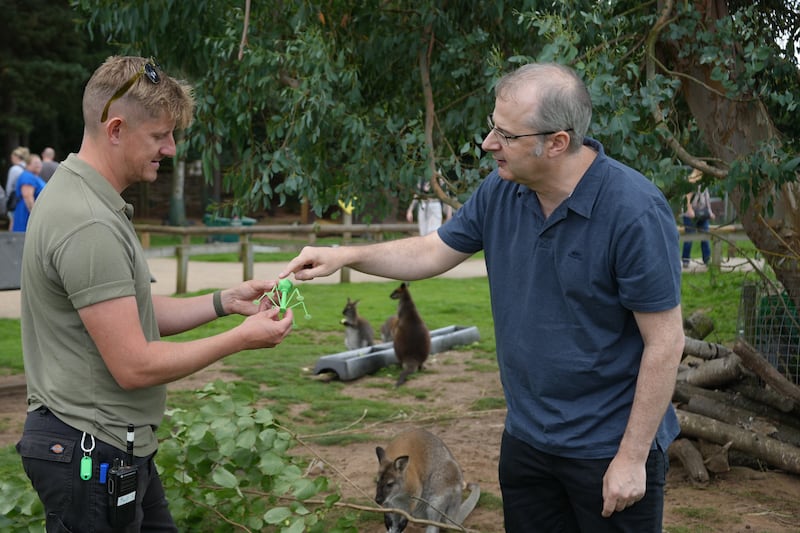DIABETES is the fastest growing health crisis of our time, affecting more people than any other serious health condition in Britain and the north – more than dementia and cancer combined.
World Diabetes Day on Tuesday November 14 provides the perfect opportunity to get talking about this serious, relentless and lifelong condition.
If not managed well, both Type 1 and Type 2 diabetes can lead to devastating complications, including sight loss, lower limb amputation, kidney failure and stroke.
Whilst there is currently no known cure for diabetes, but with the right treatment, knowledge and support people living with diabetes can lead a long, full and healthy live.
The charity Diabetes UK will use World Diabetes Day to launch their Future of Diabetes report, which follows a campaign getting people to share their experiences of living with diabetes and what they need for the future care of their condition.
"The more we know about diabetes the better we can manage it. Sometimes all it takes is talking to someone about what it is like living with the condition to help raise awareness about the seriousness of this condition," says Diabetes UK Northern Ireland national director, Jillian Patchett.
"Diabetes UK uses the 4Ts campaign to help raise symptom awareness as Type 1 diabetes is prevalent in children and young people.
"This campaign is raising awareness of the symptoms of Type 1 diabetes to help parents and healthcare professionals spot them, and diagnose quickly, before the child becomes seriously unwell.
"By making sure children and young people get a quick diagnosis and early treatment, we can avoid them becoming seriously ill with diabetic ketoacidosis (DKA).
"No one knows exactly what causes Type 1 diabetes, but it’s not to do with being overweight and it isn’t currently preventable. It usually affects children or young adults, starting suddenly and getting worse quickly but it can be diagnosed at any age.
"Type 1 diabetes is treated by daily insulin doses – taken either by injections or via an insulin pump. It is also recommended to follow a healthy diet and take regular physical activity."
If you or your child recognise any of the following symptoms, you should see your doctor immediately:
:: Toilet
Going to the toilet a lot, bed wetting by a previously dry child or heavier nappies in babies.
:: Thirsty
Being really thirsty and not being able to quench the thirst.
::Tired
Feeling more tired than usual.
:: Thinner
Losing weight or looking thinner than usual.
On World Diabetes Day, Belfast's Colin Glen will host a special Walk for Diabetes along their Gruffalo Trail.
The event will start from 9.45am to include the walk and a presentation at the Education Centre where refreshments will be supplied.
:: For more on diabetes visit Diabetes.org.uk/northernireland or call the Diabetes UK helpline on 0345 123 2399.








